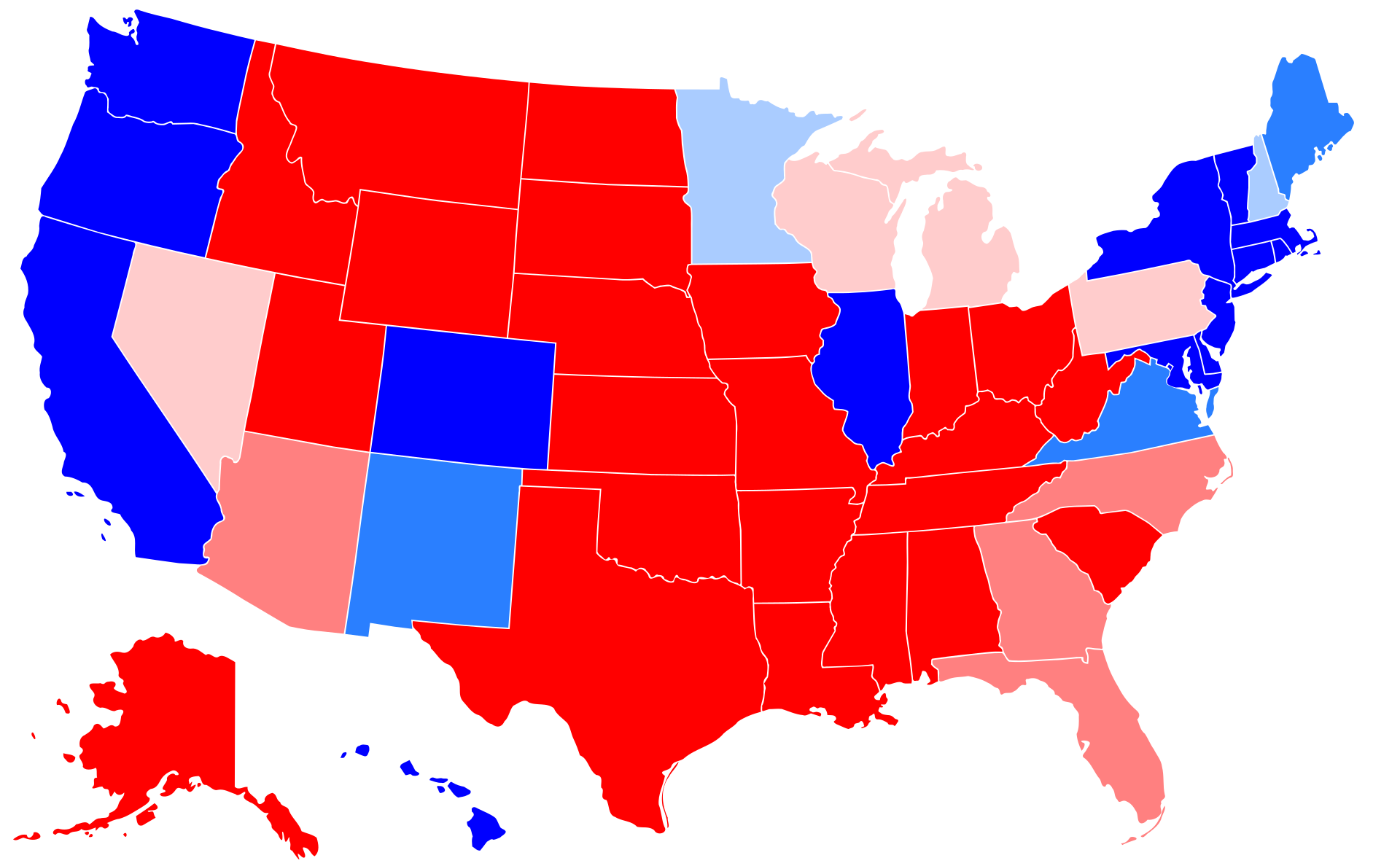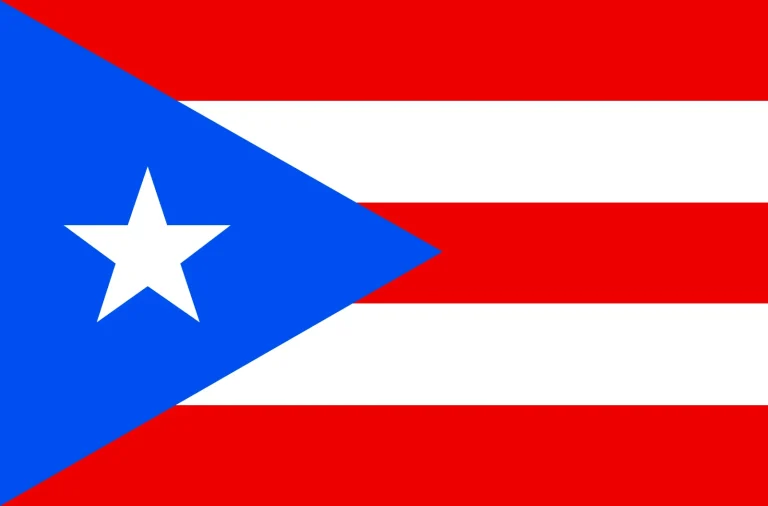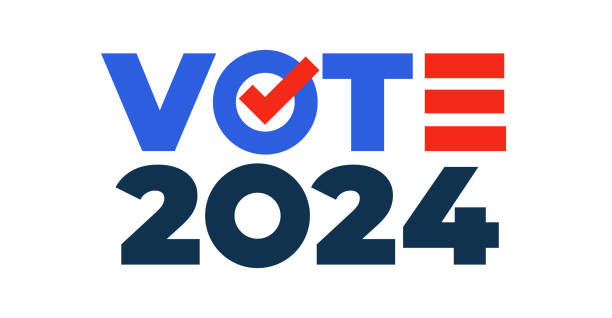New Jersey, long considered a Democratic stronghold, witnessed seismic political shifts in the 2024 elections, with several counties flipping from Democrat to Republican control. Analysts say these changes could signal a broader realignment in the state’s political landscape.
In Passaic County, a Democratic stronghold with a D+17 lean in recent years, voters moved decisively, handing Republicans a R+3 advantage. This dramatic swing has stunned local Democrats, who have controlled the county for decades.
Atlantic County, which had a D+7 advantage, flipped to a R+4 margin. The shift reflects growing discontent among suburban and rural voters, who appear to be rejecting national Democratic policies on issues like inflation and public safety.
In Cumberland County, where Democrats previously enjoyed a D+6 advantage, the tide turned with Republicans now leading by R+4. The county’s working-class communities have been vocal about concerns over the economy and job security, issues Republicans focused on heavily in their campaigns.
Even in traditionally affluent Morris County, where Democrats recently gained traction with a D+4 edge, the GOP reclaimed ground with a R+2 margin. Republicans emphasized fiscal responsibility and local governance, resonating with voters.
Finally, Gloucester County, which had a narrow D+2 Democratic lean, shifted to a R+3 Republican lead. The county has seen a growing conservative presence, particularly in suburban areas where debates over school policies and taxes dominated the discourse.
Possible Causes of the Flip
Political analysts suggest a combination of local and national factors contributed to these shifts. Republicans focused on economic concerns, school choice, and crime, tailoring their messages to suburban and rural voters who increasingly feel alienated by Democratic priorities. Meanwhile, Democrats struggled to counter this narrative, with voter turnout in some traditionally blue areas lower than expected.
The flips in these counties are part of a broader trend seen across the nation, as suburban and exurban areas that leaned Democratic during the Trump era have swung back toward the GOP.
Implications for 2024 and Beyond
These shifts could have profound implications for New Jersey’s role in the 2024 presidential election and its congressional races. With counties like Passaic and Atlantic now leaning Republican, the state’s Democratic Party may need to reassess its strategy to maintain its dominance in statewide elections.
“This is a wake-up call for Democrats in New Jersey,” said political analyst Maria Lopez. “They need to reconnect with working-class voters and address the issues that matter most to them if they want to reverse these trends.”
Republicans, meanwhile, are celebrating their gains as a sign of momentum heading into 2024. “The voters of New Jersey are rejecting failed Democratic policies and embracing a vision of freedom, security, and opportunity,” said state Republican Chair James Peterson.
Whether these shifts represent a temporary reaction to national politics or a longer-term realignment remains to be seen, but the 2024 elections have undoubtedly reshaped New Jersey’s political map.


















